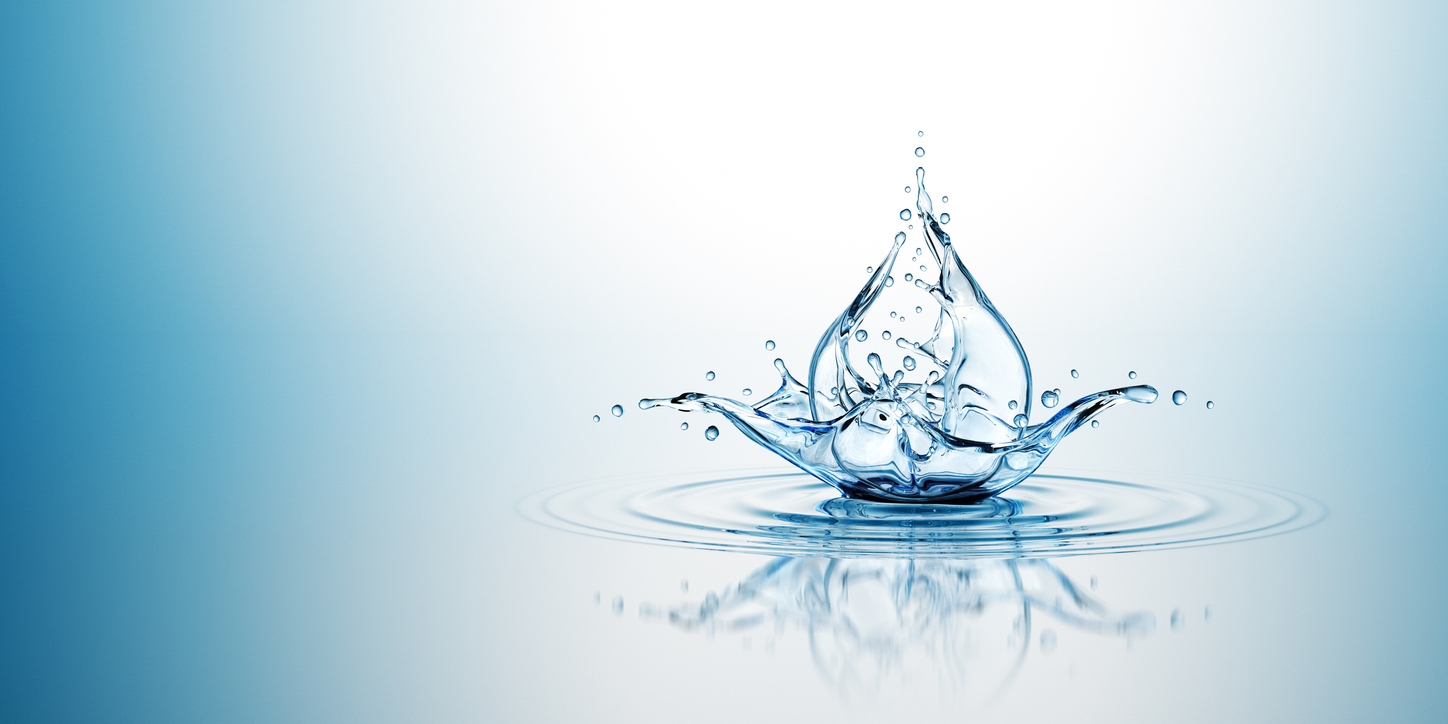Pain
Tips for Preventing Kidney Stones

What are kidney stones?
Kidney stones, also referred to as renal calculi, nephrolithiasis or urolithiasis, are hard masses made of millions of tiny crystals. They can range in shape and may be as small as a grain of sand or as large as a golf ball. Large kidney stones may become trapped in the ureter, which is the duct that urine travels from the kidney to the bladder. This can result in severe pain, bleeding, and the inability to pass urine. Surgery may be needed for larger kidney stones.
Preventing kidney stones
Many people experience kidney stones. After having a kidney stone, the likelihood of developing another one within the next 10 years is increased by 50 percent. However, changes in diet and lifestyle can help prevent kidney stones. Below are nine tips to prevent kidney stones.
- Stay hydrated. Drinking additional fluids dilutes the urine. A minimum of 64 ounces of fluid should be consumed each day. Lemonade and orange juice contain citrate, which can help prevent stones from forming. Fructose and phosphates contained in colas can increase the risk of kidney stones.
- Increase calcium. The body requires calcium for skeletal health. Two servings of dairy or other calcium-enriched food should be consumed daily; however, calcium supplements should be avoided. Calcium and oxalate bind together in the intestines to be eliminated in the stool. If calcium is unavailable, oxalate is passed into the urine. This may result in calcium oxalate stones.
- Reduce sodium intake. When too much salt is consumed, calcium kidney stones can form. Extra sodium results in more sodium in the urine, which increases the likelihood of developing kidney stones. Examples of foods high in sodium include canned foods, condiments, and processed foods. Consider a salt substitute to add flavor to foods.
- Eat less animal protein. Beef, eggs, seafood and chicken are high in protein and should be limited. Too much animal protein increases urine acid, which may result in kidney stones. Legumes, kidney beans, and seeds are good sources of protein.
- Be careful with oxalate-rich foods. Although spinach and sweet potatoes are healthy foods, they are also high in oxalate. Oxalate is a natural compound that binds with calcium, increasing the risk of kidney stones. Foods that should be limited due to being high in oxalate include coffee, beets, quinoa, soy, chocolate, etc.
- Avoid vitamin C supplements. High doses of vitamin C can double the chance of developing kidney stones. This is especially true for men. However, vitamin C in foods is believed to be safe.
- Check medications. If kidney stones are recurrent, speak with a health care professional about current medications. Examples of prescription or over-the-counter drugs that can increase the risk of kidney stones include decongestants, anticonvulsants, steroids, diuretics, protease inhibitors, chemotherapy medications, etc. The risk of developing kidney stones increases the longer certain medications are taken. It is not advisable to discontinue any medications without consulting with a medical professional.
- Eat citrus fruit. Citrus fruits are high in citrate. Lemons and limes are rich in citric acid, which can help prevent kidney stones from forming and stones from enlarging.
- Ask about preventative medicine. Kidney stones can be composed of uric acid, calcium, cystine, etc. Certain medications are beneficial in preventing specific types of stones. Speak with a health care professional if a particular type of kidney stone typically occurs.
A dietician should be consulted to develop a diet plan that reduces the risk of kidney stones.




